Girls Invent Tomorrow’s nationwide roadshow aims to educate high school girls about jobs in science, technology, engineering and mathematics.
There has been much focus on the alarmingly low number of professionals embarking on careers in the science, technology, engineering and mathematics (Stem) landscape of careers. There are many studies that prove that there is a dire need for women to enter this field of work.
Many government bodies and organisations are findings ways to address this skills shortage, but are their efforts reaching a level of success?
Girls Invent Tomorrow embarked on a nationwide roadshow a year ago with the aim of educating young high school girls about the job opportunities that exist in the Stem landscape of careers. The initiative was conceptualised in order to encourage, educate and empower girls to consider jobs in the relevant Stem industries.
The project has had various sponsors along the way, including the likes of Intel, HP and Microsoft.
“The main challenge I think many organisations face is ascertaining whether or not these efforts have had an impact,” said Thuli Sibeko, founder of Girls Invent Tomorrow.
“All students we have engaged with have been scholars in high school, scholars who are at the stage of choosing subjects for their last three years of school.”
Stem future
This is where the impact needs to be made, states Sibeko, getting to the girls before they decide on subjects is crucial as it is here that they decide on maths, science and technology subjects.
With the choice needed at a school level, the only way to encourage this change is to engage with girls face-to-face. Presenting them with other young pioneering thought leaders in Stem careers, showing them the “cool” in the geeky misunderstood professions, is key to changing their mind sets.
Stem education is vital to ensuring the long-term viability and wellbeing of South African technological and scientific advancement, as well as for providing a new generation of well-qualified engineers, technicians and scientists who can improve upon the achievements of the current generation.
“It is time to take action, we have now educated hundreds of girls across Gauteng, KwaZulu-Natal and now lastly Cape Town about the benefits of a Stem career. Our next task is to bring the cool geek out in each of them, by providing access to skills development sessions such as coding workshops, app development skills and access to role models in their interested fields, all in the hope that it will inspire change, and start to boost the number of women pursuing Stem careers,” said Sibeko. – Gadget.co.za
Follow Gadget on Twitter on @GadgetZA


